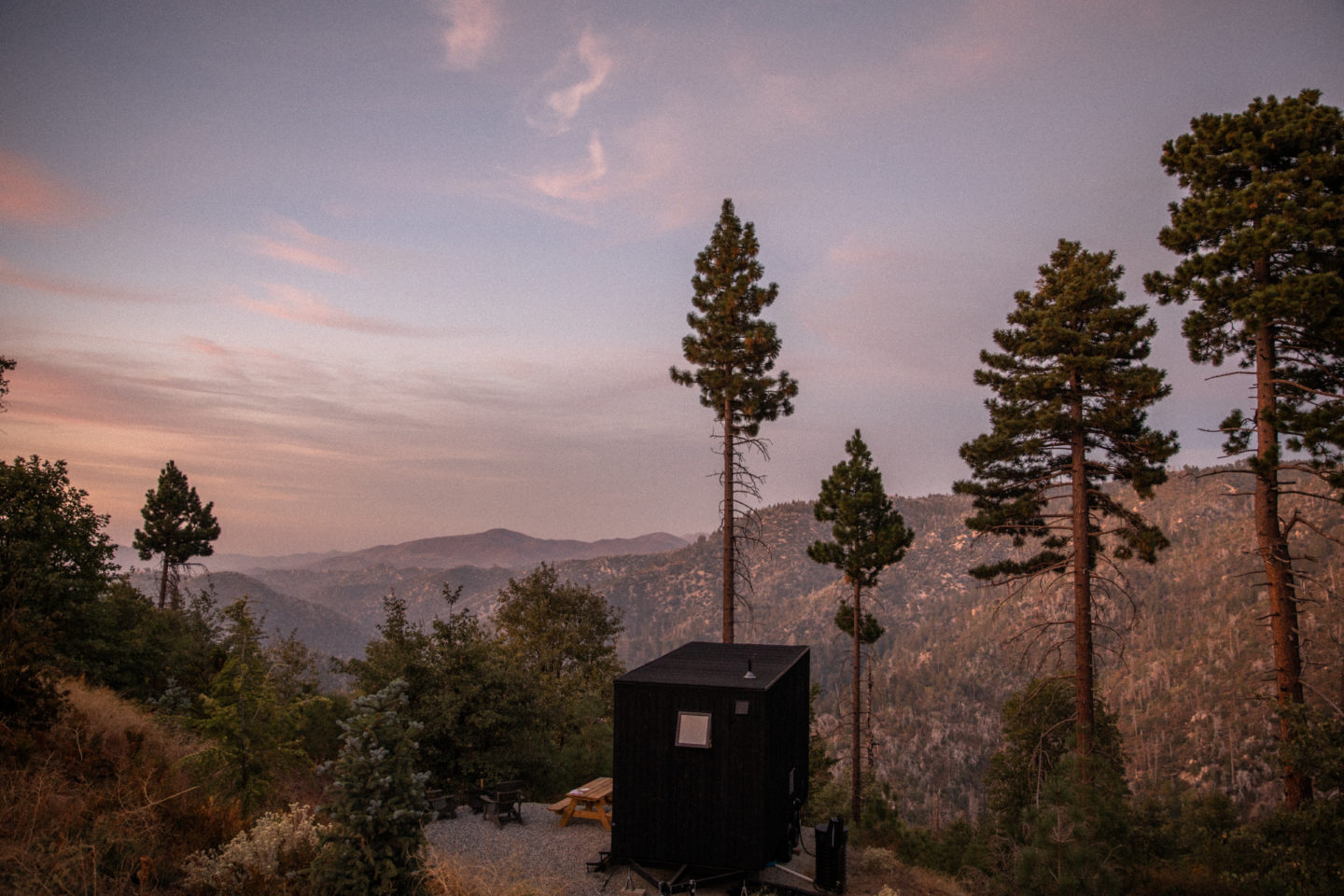If you’ve scrolled through the mental health spaces of Instagram and TikTok, then you’ve probably seen Dr. Han Ren providing her audience with mental health tips and lessons. It’s an honor to share a quick interview we had with her about mental health to spread her knowledge and positivity just a bit farther.

Share a little about your background, what populations you work with, and why you do what you do.
I’m a licensed psychologist with a group private practice based in Austin, Texas. I specialize in working with “overthinking overachievers” (anxiety, perfectionism, people-pleasing), Asian-Americans, and children of immigrants working through racism-related stress and racial identity formation. There’s a large overlap between these groups! My approach to healing is liberation-oriented, systems-informed, and attachment-focused. The majority of my clients are people of the global majority navigating their intersectional identities within systems of oppression and trying to find a balance between fitting in and belonging. I’m also an anti-oppressive educator and mental health content creator. My passion is helping people find ways to heal that center their unique lived experiences, that take into account the very real systems in which we live.
Which Postcard Cabins Outpost did you visit and what did you do (or not do) while you were there?
I visited the Hill Country location in Wimberley Texas, about an hour outside of Austin. I take an annual Han Soulo (can you tell I love puns?) trip where I spend time alone, connecting to myself. It was rainy during most of my time there, but that wasn’t a deterrent! I loved watching the beautiful midnight thunderstorms through the huge window. I read, journaled, practiced yoga, pulled some tarot cards, and enjoyed the silence. I don’t generally love being alone, but I love that I’m developing my capacity for solitude.
What do you find restorative about getting outdoors?
It’s grounding to be among life in their various forms, that isn’t manufactured and bound by time and man-made structures. It reminds me that life is always happening around us, and there is so much that’s bigger than ourselves. It’s humbling and gives me so much gratitude for the life I get to lead when I’m back in my man-made boundaries.
How do you find balance in managing life, work, and rest?
I think finding balance is a verb. We’re never going to get to a place where we’re doing it perfectly, we swing too far in any direction, hit a limit, and then correct (and sometimes overcorrect). That’s all just part of the process. As long as I have eyes on all the important domains in my life and am really honest with myself about how much space each of these is taking up, I can find fluidity and calibration along the way.
How does being in nature improve your mental health?
Being in nature allows us to connect to something bigger than us, more primal, grand, universal. It helps my spiritual growth to feel more aligned with the earth. We are animals after all.
Why is it important for your mental health to unplug and ritualize rest?
We can’t pour from an empty cup! I find that when I’m most bound up by urgency, goals, deadlines, is when I least want to unplug. This is when grounding rituals become so important. We need to have predictability and routine built in that allows us to rest and recharge without needing to think or plan for it. Ideally we should have some routines for this at different intervals (daily, weekly, monthly, quarterly, etc.) so it remains a priority and we protect our rest.
How can we ritualize rest in our daily life when we can’t make time to get away?
There are so many ways to ritualize rest. A morning stretch, a nighttime skincare routine, turning on/off your lights/devices in the same way, exercise, meal prep. All of these can become ritualized parts of our day that involve caring for and nourishing our bodies.


